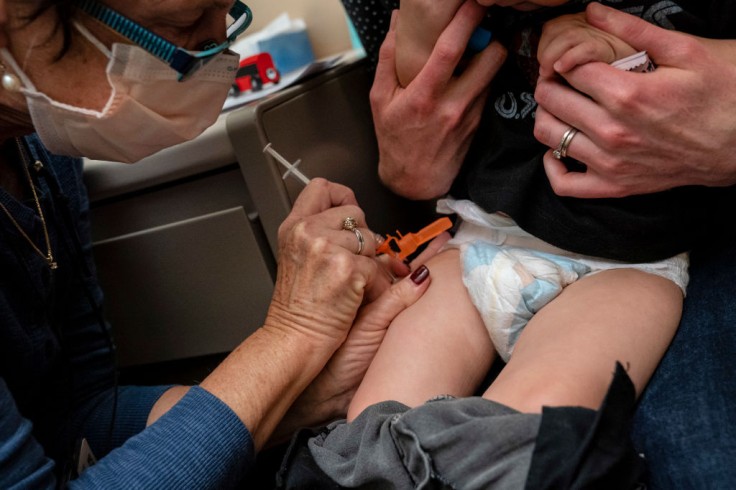
In recent weeks, there has been a momentous surge in the number of newborns encountering serious cases of whooping cough, with approximately 110 children, including 20 infants, being recognized each week, as reported by the RIVM.
This hike is particularly noticeable in regions with low vaccination rates, such as the Bible Belt.
RIVM Gives Warning About Whooping Cough
The RIVM explicitly heeds for infants in this group, as they can become vigorously ill and regularly require medication.
There have been precedents of infants deferring to the disease, with possible complexity such as breathing cessation leading to oxygen deficiency and brain damage, according to Tjalling Leenstra, head of national coordination of infectious disease control at the RIVM.
Currently, there are no reports of child mortality from whooping cough.
More than 90 percent of affected infants had not received vaccination protection, and about half of them ended up hospitalized. To alleviate this, it is recommended that women go through shots during pregnancy to ensure the baby carries antibodies.
Whooping cough, caused by a bacterium and vastly infectious, results in serious coughing fits lasting weeks to months due to a toxin formed by the bacterium.
The reported cases of whooping cough have been on the rise since June of the previous year, reaching levels much higher than in preceding years for both children and adults, with approximately 250 new patients reported weekly.
In 2019, there were 120 cases per week, and 91 the year before. The RIVM suspects the actual number of infections is higher, considering not everyone with symptoms is tested.
The current rapid spread of whooping cough is believed by the RIVM to be influenced by the coronavirus pandemic. During periods of reduced social contact, the transmission of whooping cough also decreased.
Between April 2020 and June 2023, the number of cases hover very low, leading to a reduction in immunity. As a result, the illness is now encountering an upswing, as elucidated by an institute spokesperson.
Signs of Whooping Cough
The manifestation of whooping cough typically starts with what emerges to be a regular cold, with nasal manifestation being familiar.
After almost 1 or 2 weeks, coughing sets in and worsens over time, especially at night, often defined by an offbeat barking cough accompanied by thick mucus.
This prolonged coughing may be accompanied by a high-pitched wheeze upon inhalation, and in severe cases, vomiting due to the intensity of coughing may occur.
Complications such as pneumonia can arise from whooping cough.
The coughing fits gradually diminish after a few weeks. Additional symptoms may manifest in some individuals.
Older children and adults, particularly those vaccinated, may experience persistent coughing as the primary symptom.
Infants are especially vulnerable to the dangers of whooping cough. Exhaustion from coughing may lead them to refuse feeding, while frequent coughing episodes can result in inadequate oxygen supply to the brain, potentially causing brain damage.
In rare instances, babies with whooping cough may cease coughing altogether, experiencing episodes of breathlessness and cyanosis.
More than half of infants with whooping cough require hospitalization, and in very rare cases, the disease can be fatal for them.
Related Article: Five-week-old San Diego Baby Dies From Whooping Cough, 164 Cases of Same Disease Recorded in Area for This Year